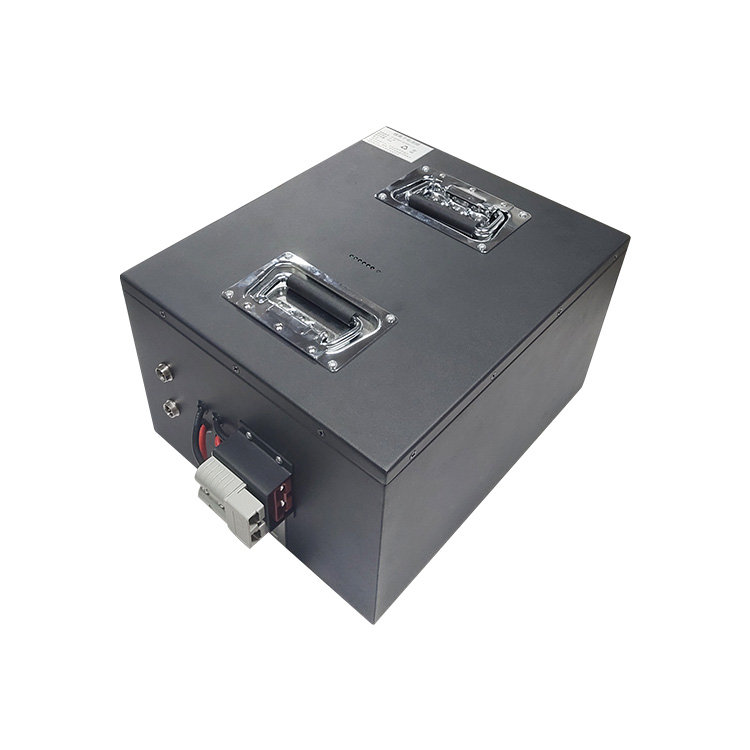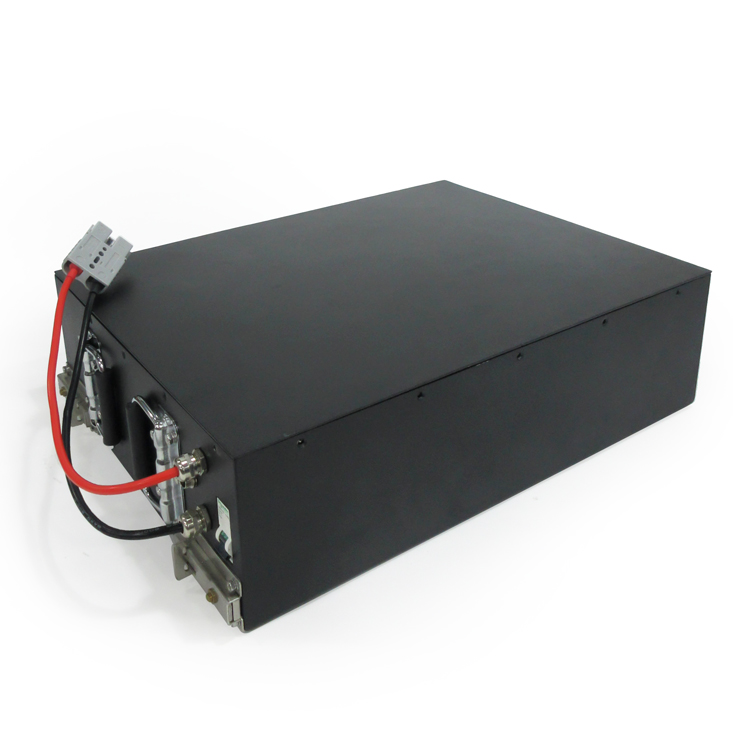Is the Greater the Nominal Voltage Value Or the Greater the Capacity Value in the Power Lithium Battery?
In power lithium battery medium, "nominal voltage" (nominal voltage) and "capacity" (capacity) are two key battery parameters, which have an important impact on battery performance and application. For ordinary users, it is very important to understand the meaning of these two parameters and their influence on battery performance. When selecting battery products, it is usually necessary to weigh these two parameters to meet specific application requirements. Let's discuss whether the better the value of nominal voltage or the better the value of capacity is in the power lithium battery.
First, let's understand the meaning of these two parameters. "Nominal voltage" refers to the Nominal voltage of the battery, which is the voltage value specified in the design of the battery. In power lithium batteries, the unit of nominal voltage is usually volt (V), and the nominal voltage of different types of lithium batteries will also be different, such as 3.2V, 3.7V, 3.8V, etc. "capacity" refers to the capacity of the battery, which indicates the amount of charge that the battery can store, usually in hours (Ah) or hours (mAh). The larger the capacity, the more power the battery stores, and the longer the device can be used.
Next, let's discuss whether the better the nominal voltage value is or the better the capacity value is in the power lithium battery.
For nominal voltage, the larger the value usually means that the cell voltage of the battery is higher, which can improve the working efficiency of the equipment to a certain extent. For example, in electric vehicles and energy storage systems with high demand, using high voltage batteries can reduce current, reduce line thickness and material cost, and improve overall energy density and efficiency. In addition, high voltage battery is also beneficial to reduce the number of connecting wires in the battery pack, simplify the design structure of the battery pack, and reduce the complexity of the system.
For capacity, a larger value means that the battery can store more power, thus prolonging the service time of the device. Especially in electric vehicles, ships or energy storage systems that require long endurance, high-capacity batteries can provide longer endurance or energy storage time to meet users' demand for endurance.
Note that nominal voltage and capacity are not mutually replaceable parameters. They are independent battery performance indicators. In practical applications, nominal voltage and capacity need to be considered at the same time. In some application scenarios, high voltage and high capacity batteries may be required to obtain better comprehensive performance. In other scenarios, more attention may be paid to the high capacity of the battery to meet the long-term use requirements.
For power lithium batteries, it is impossible to simply say that the larger the value of nominal voltage is, or the larger the value of capacity is. In practical application, these two parameters need to be weighed according to specific requirements to select the most suitable battery product. At the same time, with the continuous development and maturity of technology, more battery products with high voltage and high capacity may appear in the future to meet the needs of different fields.
 Dongguan Juneng New Energy Technology Co., Ltd.
Dongguan Juneng New Energy Technology Co., Ltd.
 137 5142 6524(Miss Gao)
137 5142 6524(Miss Gao)
 susiegao@power-ing.com
susiegao@power-ing.com
 Xinghuiyuan High tech Industrial Park, Dalang Town, Dongguan City, Guangdong Province
Xinghuiyuan High tech Industrial Park, Dalang Town, Dongguan City, Guangdong Province













 Yue Gong Wang An Bei No. 4419002007491
Yue Gong Wang An Bei No. 4419002007491